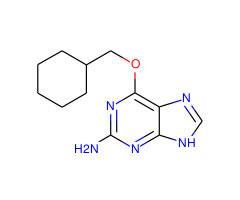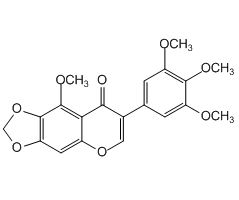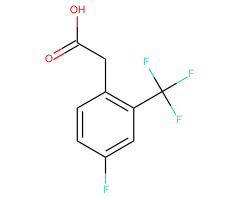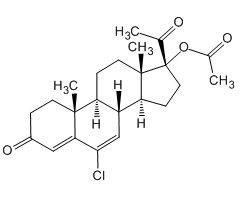基本信息
| 分子式 | C12H17N5O |
| 分子量 | 247.30 |
| MDL编码 | MFCD05664734 |
| 存储条件 | Freezer -20℃ |
产品描述
NU2058 is an inhibitor of CDK2 with IC50 value of 17 μM in an isolated enzyme assay. It also potentiates melphalan (DMF 2.3), and monohydroxymelphalan (1.7), but not temozolomide or ionising radiation.
靶点(IC50 & Targe)
CDK1
CDK2
Topo II
体外研究
NU2058 alters the transport of cisplatin, causing more Pt-DNA adducts, as well as sensitizing cells to cisplatin- and melphalan-induced DNA damage. However, the effects of NU2058 are independent of CDK2 inhibition[1]. In LNCaP cells and their Casodex-resistant derivative, LNCaP-cdxR, growth inhibition by NU2058 is accompanied by a concentration-dependent increase in p27 levels, reduced CDK2 activity and pRb phosphorylation, a decrease in early gene expression and G1 cell cycle phase arrest in both cell lines. NU2058 induces cell cycle reduction in S phase and inhibits phosphorylation of pRb. It induces a G1 arrest and increases p27 protein expression in LNCaP cells, showing no significant effect on p21 levels[2].
细胞实验
Cell lines: The human head and neck cancer cell line, SQ20b
Concentrations: 100 μM
Incubation Time: 4 h
Method: Cells are seeded into six-well plates (350,000 cells/well) and allowed to attach overnight. On the day of the experiment, growth media are replaced with media containing 100 μM of either NU2058, NU6102, NU6230 or DMSO (0.1% (v/v) final concentration) for 2 h followed by a further 2 h in the additional presence of cytotoxic drugs, unless otherwise indicated. For the radiation experiments, cells are treated for a total of 4 h with NU2058, and irradiated after the first 2 h. After treatment, the cells are washed twice with PBS, trypsinised, and replated into 100 mm Petri dishes at various cell densities (300-50,000 cells per plate). After approximately 12 days, media is removed, and cells are fixed with Carnoy's reagent (75% (v/v) methanol, 25% (v/v) acetic acid), stained with crystal violet (0.4% (w/v) in water) and colonies are counted.
(Only for Reference)
参考文献
[1] Harrison LR, et al. Biochem Pharmacol. 2009, 77(10):1586-92.
[2] Rigas AC, et al. Oncogene. 2007, 26(55):7611-9.
安全信息
| 图形或危害标志 |   |
| 危险说明 | H302 H410 |
| 防范说明 | P264 P270 P273 P301+P312 P330 P391 P501 |
| UN号码 | 3077 |
| 危险分类 | 9 |
| 包装等级 | III |







